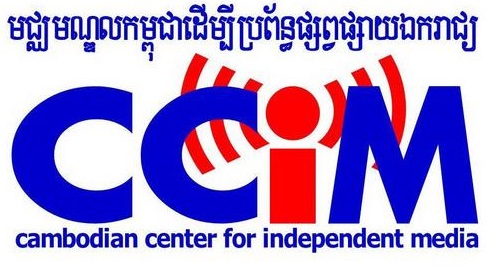Legal Framework
As a result of the General Election in 1993, Cambodia adopted a new Constitution which recognized all rights enshrined in the 1948 Universal Declaration on Human Rights and the 1966 International Covenant on Civil and Political Rights - including freedom of opinion and expression. It is also specifically mentioned in Article 41 of the Cambodian Constitution.
Laws for the Media
Several laws are applicable to the media sector. The Press Law (1995) theoretically assures that no one may be arrested for exercising his right of freedom of speech. However, its article 12, which demands the safeguarding of “political stability” and “national security” and prohibits defamation, has been used to sue and jail journalists. In 2006, Prime Minister Hun Sen promised the international community to decriminalize defamation, working towards a new Penal Code. Despite minor improvements, defamation can de facto still be punished according to both the Penal Code and the Press Law. The Press Law is still the only law that protects journalists today; the Penal Code is rather used to take legal steps against journalists and social media users.
Lack Of Media Regulation Standards
More generally, the media legal environment lacks regulation standards. As there is no transparent framework for issuing or renewing broadcasting/ print licenses, the Ministry of Information has the sole authority to allocate them in an opaque process. Moreover, as there is no law to prevent media concentration in the audiovisual sector, radio and television branches remain unregulated with regard to cartel laws. The Competition Clause (Press Law, Art. 17) only applies to the print sector, and states that a Cambodian national cannot own more than 2 newspapers. Finally, there is no regulation on the development of a public broadcaster to ensure pluralistic content and to serve the interests of the Cambodian people.
Sources

